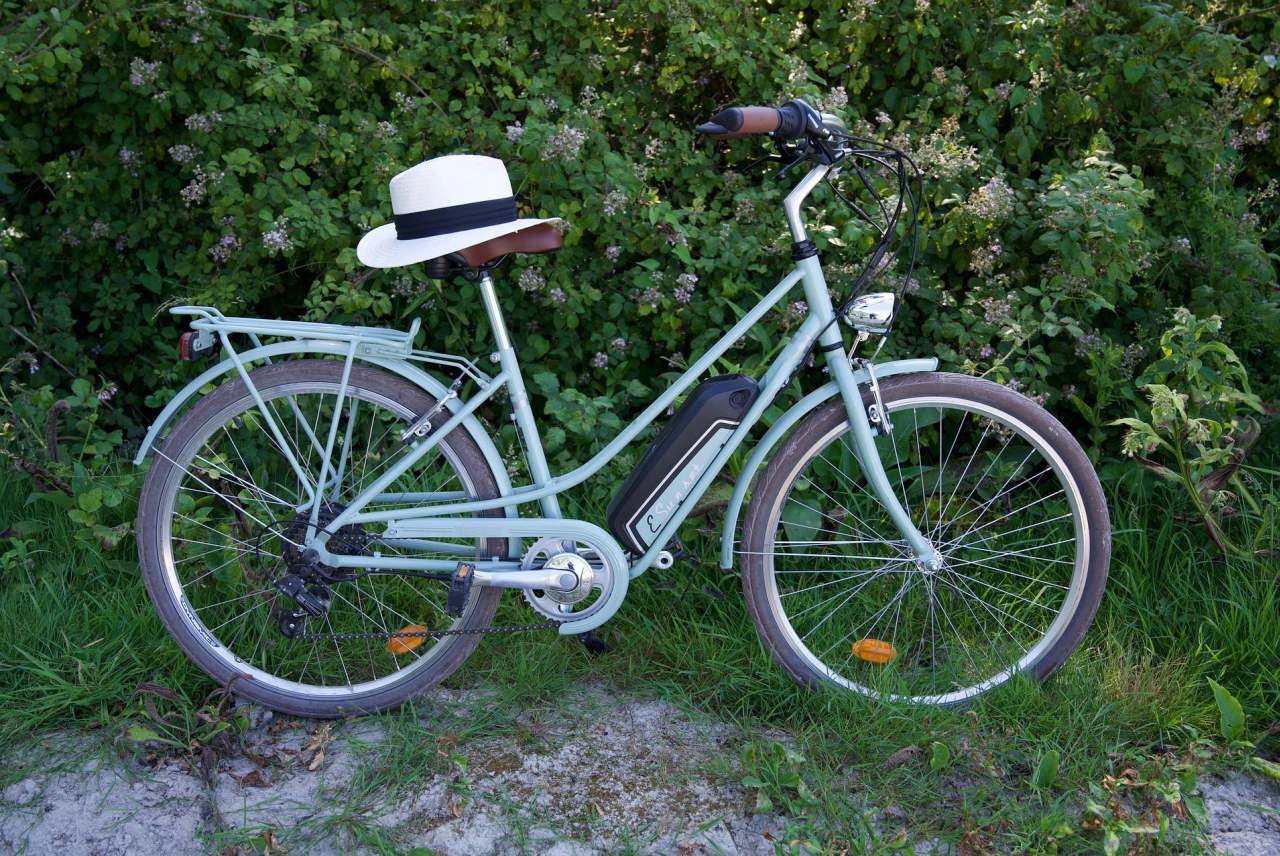Once e-bikes were a niche pursuit but in a post-Covid world where many are fearful of packed public transport or gridlocked roads they are fast gaining popularity. There are now a huge range and variety of e-bikes, and the latest shopping guide reviews 32 different e-bike brands.
Here’s some things to bear in mind when considering a model.
What’s an e-bike?
Electric bikes are battery-powered push cycles. They feature ‘pedal assistance’ so the harder you pedal the more assistance they provide. In the UK there is a legal cut off limit, so as the bike hits 15.5mph assistance tapers off.
What will you use it for?
The kind of e-bike you select should be tailored to the purpose you are purchasing it for: there’s no point taking a lightweight road bike on a mountain trail!
If there’s a specialist bike available there’s an electric version - folding, off-road, hybrid etc. But the extended range and power also means e-bikes can achieve uses standard bikes can’t, such as a daily 30 mile commute or acting as a replacement second car suitable for shopping trips.
A long way to go?
Range is linked to the battery size and capacity – bigger batteries can go further – but range also depends on terrain – tackle more hills and you need more power. Take careful note of the battery size and take manufacturers’ range estimates with caution! If range is crucial, e.g. for a commute, bear in mind some models feature add-on range extenders disguised as water bottles!
Price
You can pay anything from £600 to many thousands of pounds. As always, you get what you pay for. If you’re considering the bike for a commute, you probably want something over £2,000, but bear in mind Bike To Work schemes reduce and spread the cost.
You can also save money by retrofitting a motor to your existing push bike, using kits available on the web, but you’ll probably need the assistance of a competent bike mechanic. The shopping guide to bikes has more on e-bike converter kits.
You may also want to factor in the cost for charging: a full battery is likely to cost pennies in terms of electricity use.
Ethical considerations
The shopping guide to bikes highlights a number of ethical issues associated with bikes and e-bikes. These include workers’ rights, conflict minerals and carbon emissions.
Added to this, responsible battery disposal should be a consideration – regular use means the battery will have an effective lifespan of perhaps as short as a couple of years.
Our last bit of advice – try before you buy! E-bikes are really fun and plenty of places now offer hires, so try one out for yourself and see if it might be right for you.




